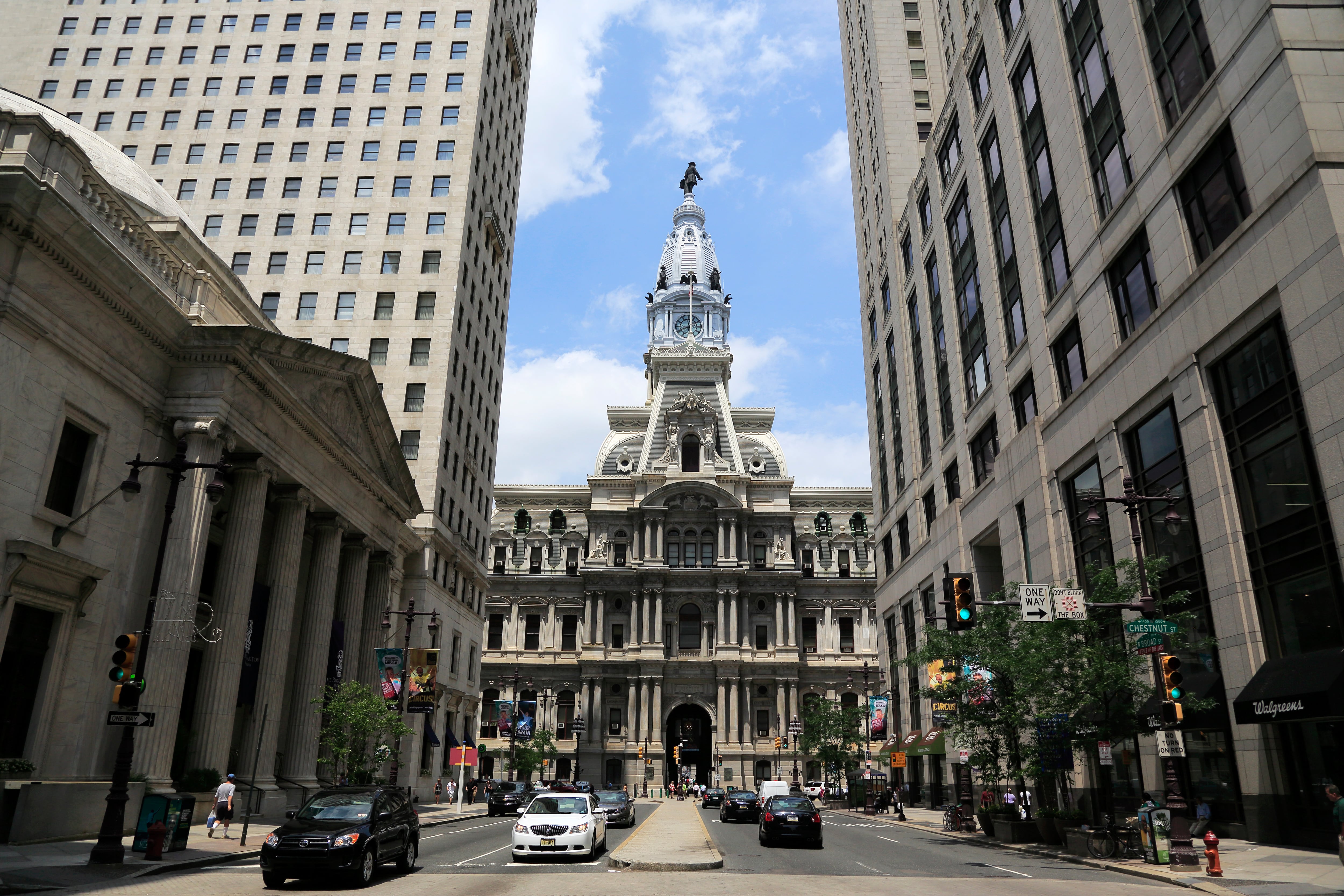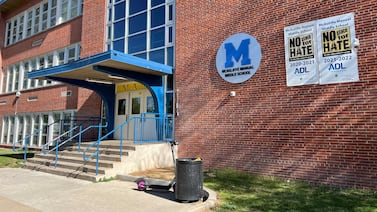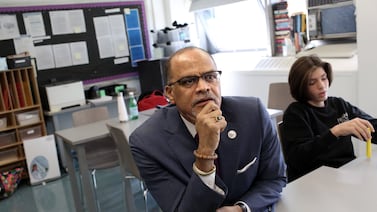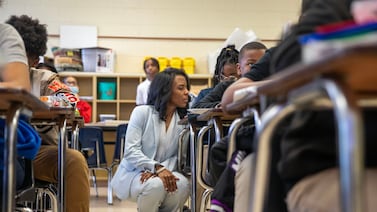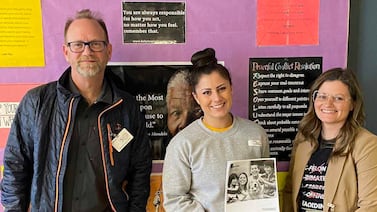Update: View the 2023 Philadelphia primary election results
Chalkbeat is a nonprofit news organization covering public education in communities across America. Sign up for Chalkbeat Philadelphia’s free twice-weekly newsletter to keep up with the city’s public school system.
There are 10 candidates running for mayor of Philadelphia — a city with aging, asbestos-laden school buildings, serious budgetary needs, stubbornly low test scores, and a gun violence epidemic that has already cost the lives of 20 students and injured 100 this school year.
The mayor has no direct control over the schools, but does have the power to appoint the nine school board members. The current board members’ terms will expire when Mayor Jim Kenney leaves office, meaning that whoever takes office in January can remake the board from scratch, or can keep some or all of the current members.
While education has not been a major issue in the race, public safety, with a focus on youth and their families, has been high on voters’ minds.
Some differences have emerged among the candidates on key education issues, including charter school expansion, whether the district should get a larger share of city property taxes, and to what degree the mayor will seek to shake up the board and impact school policy.
The degree of mayoral control over the education in the city has fluctuated over the past decades and is now at its highest point.
From the 1950s to the 1990s, the terms of mayoral appointees to the nine-member board were staggered to minimize the power of any one mayor. In 2001, the state took over Philadelphia schools, citing fiscal and academic disarray, and installed a five-member School Reform Commission, with three members appointed by the governor and two by the mayor. In 2018, the commission disbanded and the Philadelphia Board of Education resumed control over city schools.
To better understand each candidate’s views on key issues, Chalkbeat Philadelphia asked them 10 questions about education, including several questions submitted by Chalkbeat readers. Six of the candidates responded.
Here’s what they said, in their own words.
Dale Mezzacappa is a senior writer for Chalkbeat Philadelphia, where she covers K-12 schools and early childhood education in Philadelphia. Contact Dale at dmezzacappa@chalkbeat.org.
Carly Sitrin is the bureau chief for Chalkbeat Philadelphia. Contact Carly at csitrin@chalkbeat.org.
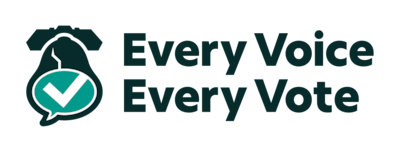
This article is a part of Every Voice, Every Vote, a collaborative project managed by The Lenfest Institute for Journalism. Lead support is provided by the William Penn Foundation with additional funding from The Lenfest Institute, Peter and Judy Leone, the John S. and James L. Knight Foundation, Harriet and Larry Weiss, and the Wyncote Foundation, among others. To learn more about the project and view a full list of supporters, visit www.everyvoice-everyvote.org. Editorial content is created independently of the project’s donors.


